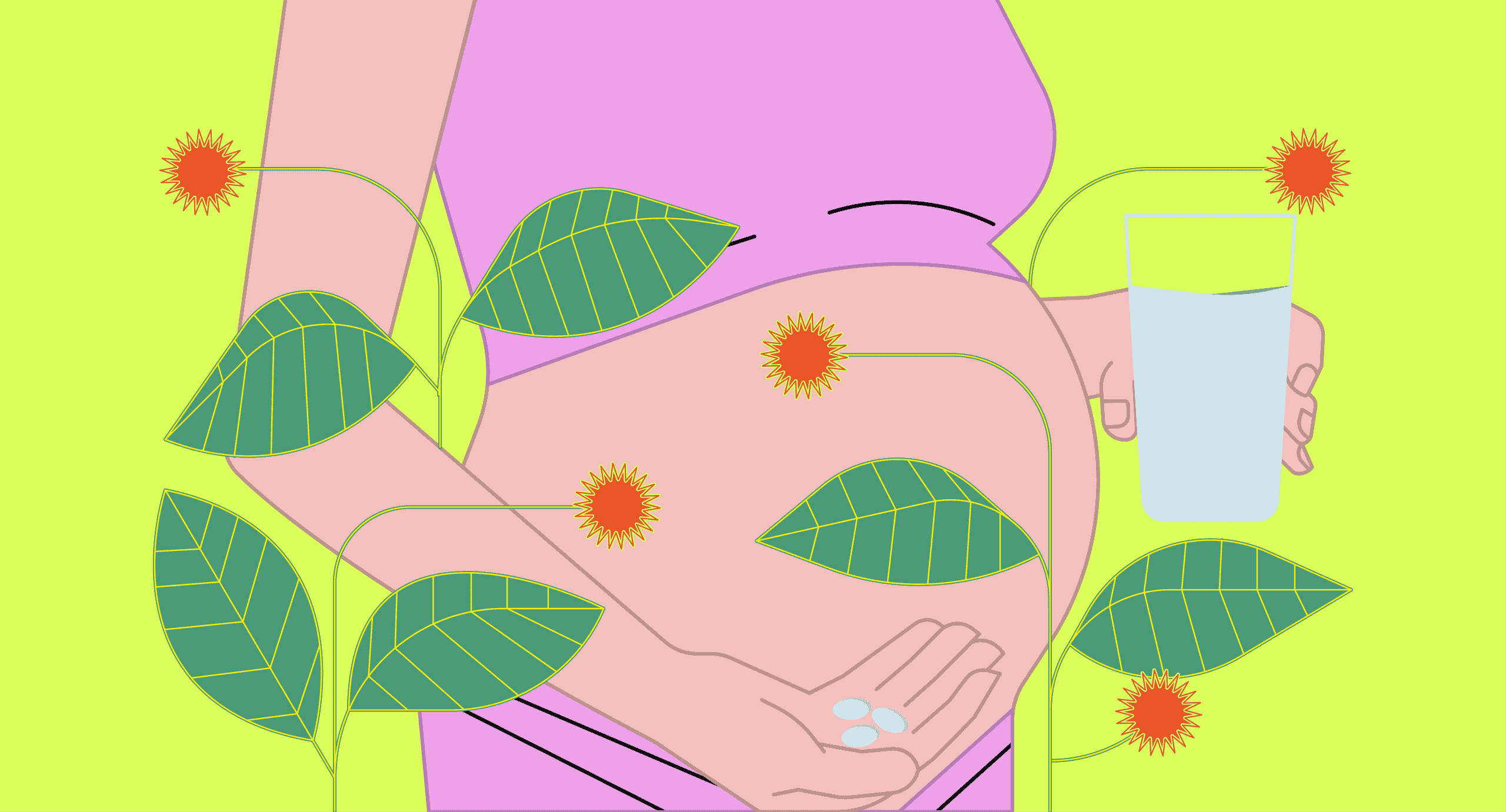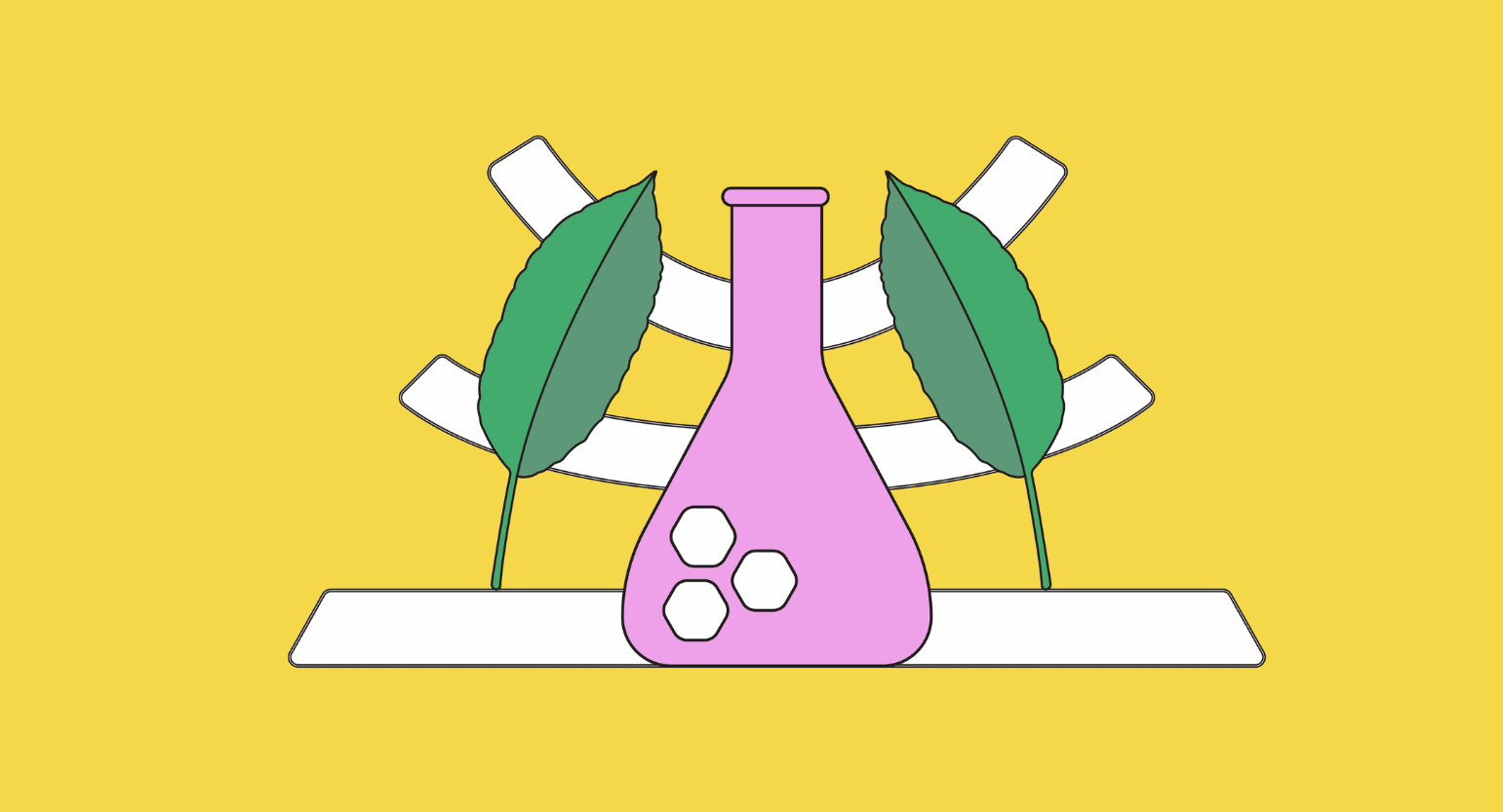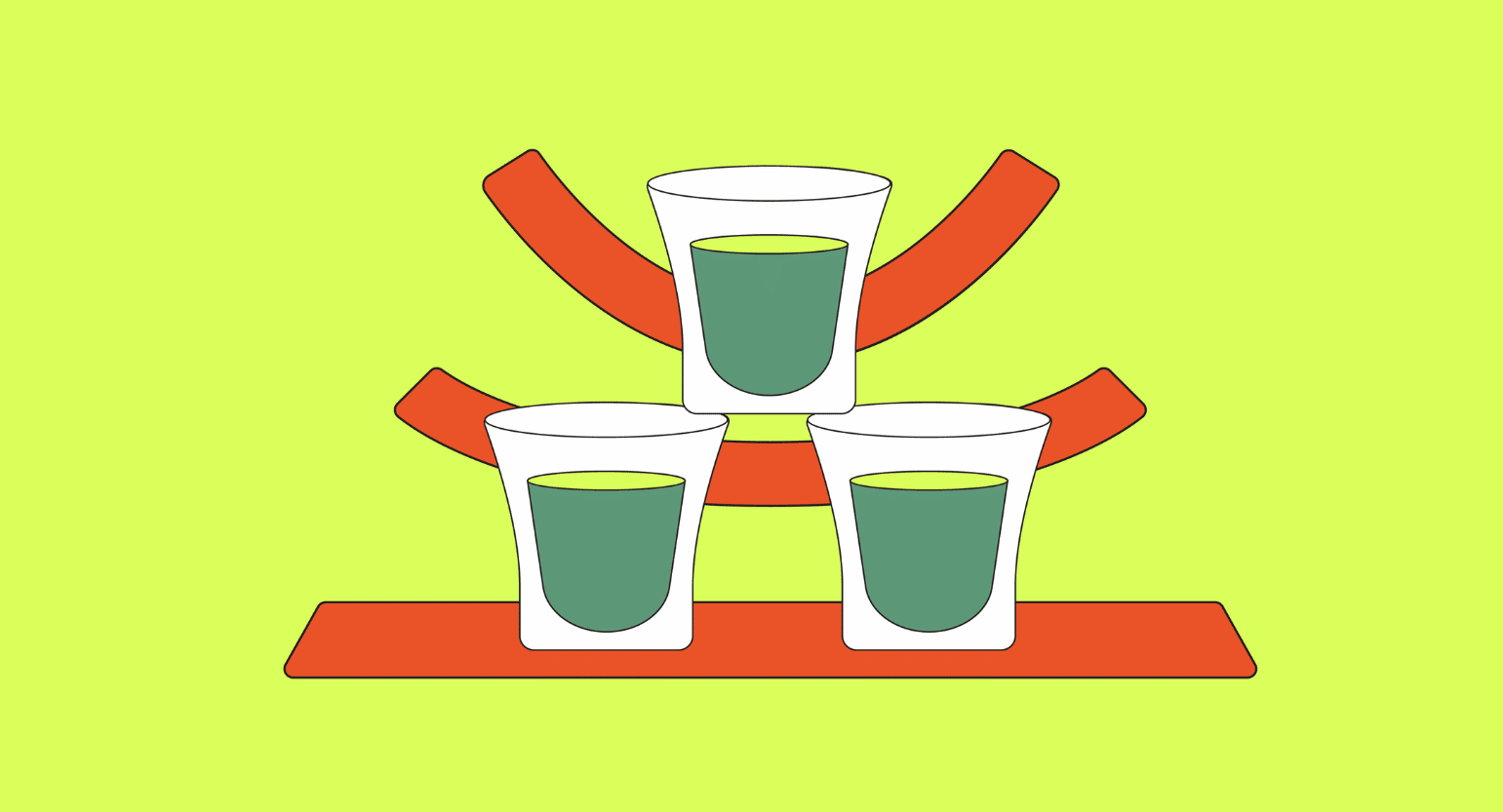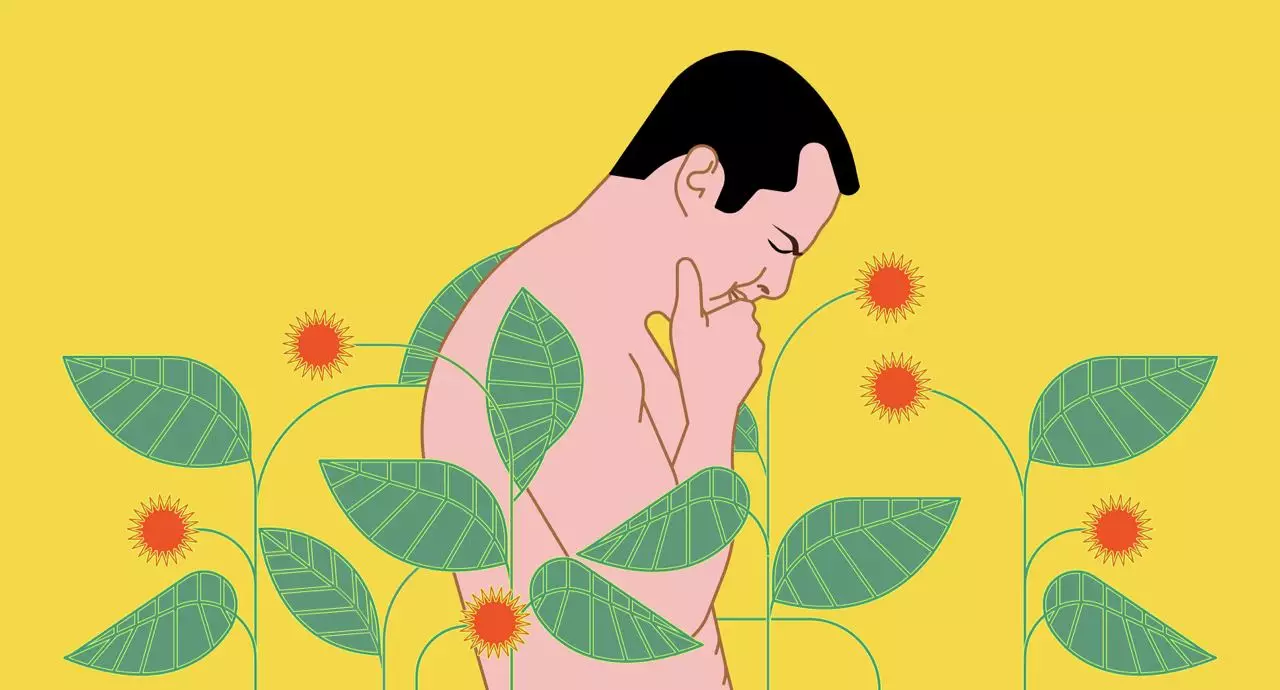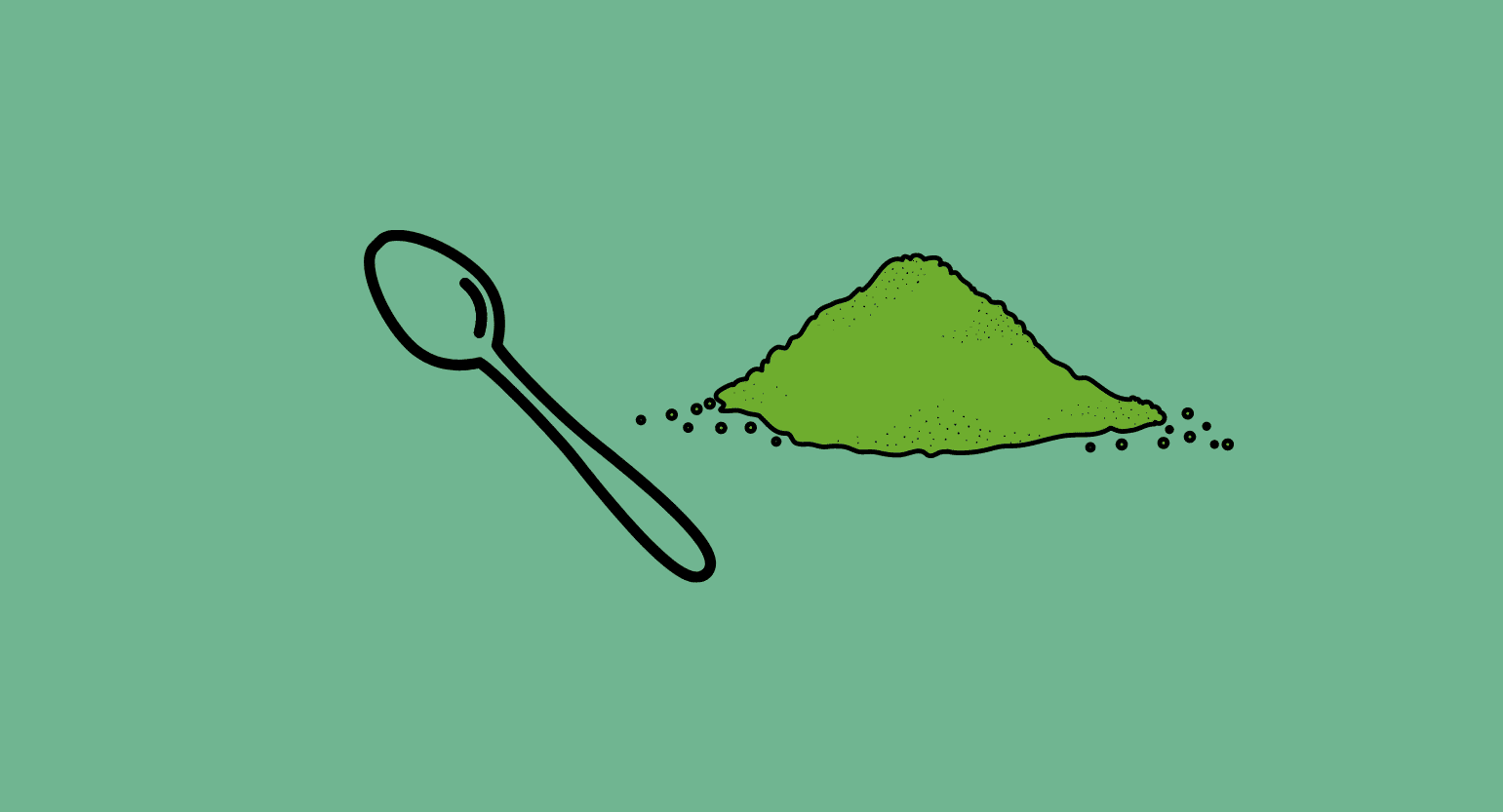Kratom & Pregnancy: What Do We Know So Far?
It’s very important that expecting mothers take good care of themselves when they’re carrying a child.
Expecting mothers are instructed to take special prenatal vitamins and multivitamins to make sure their baby is getting all of the important nutrients they need.
They’re also told to consult their doctor before introducing something new into their diet or routine while pregnant to be sure it won’t affect the child.
This is good advice. The truth is that understanding the impact a supplement or medication might have on a developing baby is complex. Most of the time, these interactions are completely untested.
Pregnancy can cause all sorts of unpleasant signs and symptoms, including:
- Bleeding gums
- Constipation
- Depression
- Excessive salivation
- Frequent urination
- Gas and bloating
- Headaches
- Hemorrhoids
- Itchy skin
- Morning sickness (nausea and vomiting)
- Nosebleeds
- Physical aches and pains
- Stress
With all of these weighing on you, it’s easy to see why you’d try to find natural, safe ways to resolve these issues and make your pregnancy a little easier. However, pregnancy wasn’t designed to be easy on the body, and not everything that is considered “natural” is safe to ingest while you are growing another human being inside of you.
If you are planning on using kratom or you are using it while pregnant, it’s highly recommended that you consult the doctor that is caring for you. It’s also good to keep in mind that their answer will most likely be, “don’t do it.”
What is Kratom?
Kratom (Mitragyna speciosa) is a natural herb that comes from the leaves of the evergreen tree, native to Southeast Asia. In the United States, kratom is often sold as a natural dietary supplement; however, it is not regulated and is not FDA-approved. It possesses side effects that could very well be unhealthy for your growing baby.
Many use kratom for an increase in energy, relieving aches and pains, and reduce anxiety, stress, and depression.
These benefits sound great for pregnant women since they commonly feel lethargic and fatigued, experience plenty of muscle and joint pain during pregnancy, and very commonly feel anxious or stressed about having a new child to care for.
However, kratom also has plenty of side effects. Almost no research has been carried out into how these side effects may impact your pregnancy and the health of your unborn child.
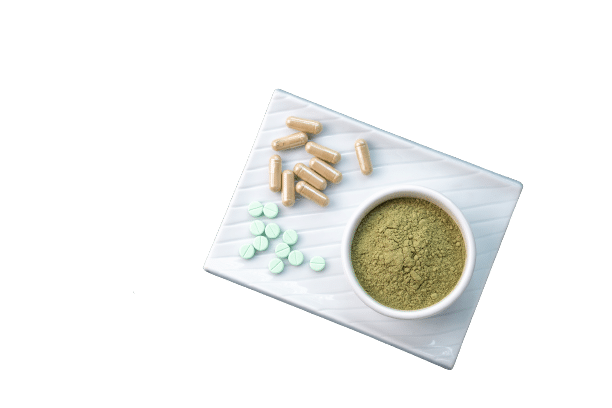
Why Kratom Could Be Dangerous While Pregnant
While kratom sounds like the perfect solution to all of the negative pregnancy-related symptoms a woman experiences, kratom also has side effects that are not ideal for an expecting mother.
Some of the most common kratom side effects include:
- Anxiety or restlessness
- Constipation
- Diarrhea
- Dizziness
- Depression
- Frequent urination
- Headaches
- Heart palpitations
- High blood pressure
- Liver damage (with long-term use)
- Low libido
- Nausea and vomiting
- Numbness
- Sedation and prolonged sleepiness
- Withdrawal symptoms
- The Wobbles
None of these side effects are pleasant at the best of times. However, certain side effects may harm both mother and baby.
Kratom Could Lead to Dangerous Weight Loss
Firstly, weight loss isn’t recommended during pregnancy unless the woman is already considerably overweight and has been advised to do so by her doctor. It is a general rule that women shouldn’t plan to shed pounds while pregnant.
A lot is going on with the body during pregnancy, which adds unnecessary stress. Your body is supposed to do the opposite and gain some weight during the process.
Exercising is fine; however, the goal shouldn’t be to lose weight; it should be more focused on staying healthy and active.
Weight loss is generally only considered safe before conception; therefore, we wouldn’t recommend using kratom while pregnant if this side effect occurs.
Learn More About Kratom’s Effects on Weight Loss Here.
Kratom May Exacerbate Unpleasant Symptoms of Pregnancy
During pregnancy, women already struggle with frequent urination and constipation issues, so kratom could further these adverse effects to become dangerous.
For example, kratom could cause expecting mothers to become dehydrated, which can cause uterine contractions and result in early labor.
Additionally, constipation issues could increase in severity, which can be painful.
Kratom also causes nausea in some individuals, which could exacerbate existing nausea symptoms.
The Threat of Dependence & Addiction
Kratom can also cause a user to develop dependency and addiction if it is taken continuously and the dose is consistently increased to give the individual the results or relief they seek.
This can be bad for babies, considering that they can also experience feelings of dependency and addiction.
One study reported five infants being born with kratom withdrawal symptoms because their mothers had been using kratom during pregnancy.
Individuals dependent on kratom will, at times, require the same methods used to treat withdrawal symptoms caused by pain medication.
This is important to consider because this will no doubt harm you and your baby.
Should I Stop Using Kratom if I Become Pregnant?
The short answer to this is yes.
However, if you are pregnant or planning to become pregnant, be honest and talk with your doctor about ways to safely stop using kratom.
Kratom could potentially risk your baby’s health, and there isn’t enough evidence to prove it’s safe for a developing fetus.
One of the most significant issues with using kratom during pregnancy is the risk of liver toxicity.
Kratom is metabolized in the liver, and the herb can transfer to the fetus through the umbilical cord. This points towards the possibility of it causing unwanted liver complications and disorders in the sensitive fetus as well.
There are also tons of other natural herbs that should be avoided during pregnancy for various reasons. Kratom is not the only one on the list.
Herbs to avoid while pregnant:
- Blue Cohosh — strong uterine stimulant
- Dong Quai — stimulates bleeding
- Henbane — toxic
- Mugwort — uterine stimulant
- Horsetail — high levels of silica unsafe for pregnancy
- Nutmeg — believed to cause miscarriage in high amounts
- Pennyroyal Lead — stimulates dangerously strong uterine contractions
- Uva Ursi — causes an unsafe reduction in blood sugar during pregnancy and nursing
These are just a few examples of natural herbs that can negatively impact your pregnancy and your growing baby.
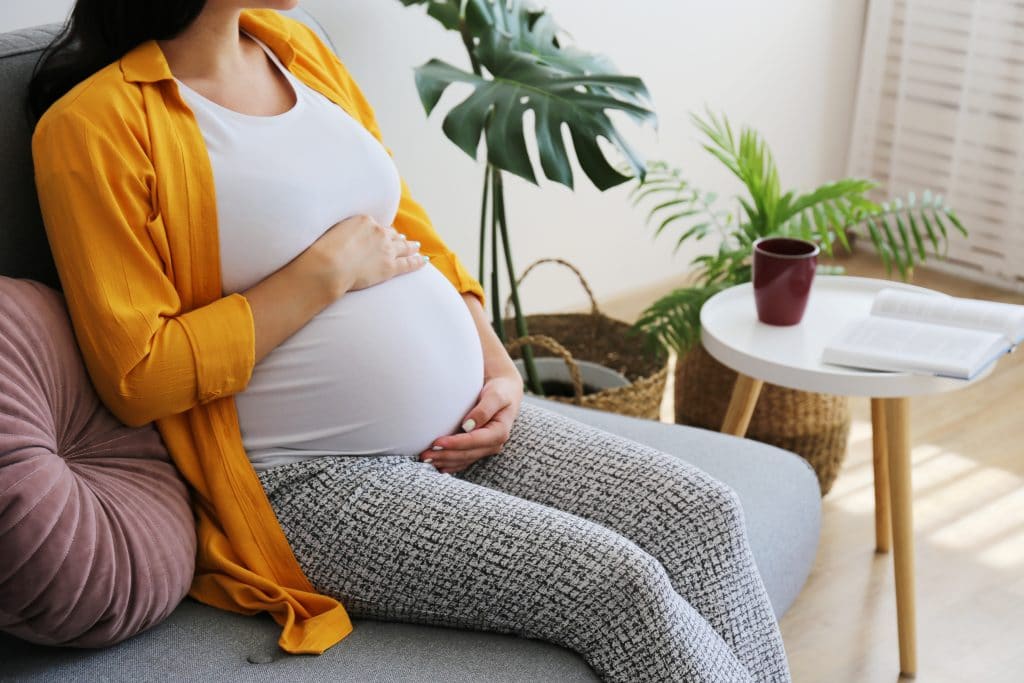
Why “Natural” Doesn’t Automatically Mean “Safe”
Many believe that “natural” automatically means safe, which is not always the case.
Consider species like Amanita phalloides (the death cap mushroom) or Atropa belladonna (Deadly nightshade). Both are completely natural and yet contain some of the most deadly toxins in the world.
Just because something is natural doesn’t make it safe.
While we’re not saying kratom is dangerous, it’s not always safe either.
Some things need to be avoided during pregnancy to reduce risk, including certain OTC and prescription medications and in some cases, even natural herbs and supplements.
Trust your doctor, and speak with them confidently about your kratom use, as they will help you find better and safer alternatives to relieve any uncomfortable pregnancy symptoms.
Can I Take Kratom While Nursing?
Of course, you can take kratom while you breastfeed, but the real question is if you should and if it’s safe for your infant.
From a few existing reports into kratom use and breastfeeding and the fact that we aren’t as knowledgeable as we need to be on the subject, it’s safer to say that taking kratom while pregnant or breastfeeding is a no-go.
Alkaloids from kratom may transfer into your milk and subsequently into your baby as they feed.
A lot of substances will do this, and some traditional doctors will even dose the baby by giving the mom the medicine before breastfeeding.
Kratom is Untested on Babies & Nursing Mothers
We have many unanswered questions regarding kratom and pregnancy and kratom and nursing.
To confidently say that breastfeeding and kratom use is completely safe, we’d have to learn more about the short-term and long-term effects of kratom exposure on newborns and infants. We’d also need to know if it can be excreted through the mother’s milk.
Unfortunately, it may take a while because there are a lot of ethical problems with testing whether kratom is safe for babies or not.
Comparing The Top Kratom Brands
| Top Kratom Vendors | Pros | Cons | Coupon Codes & Discounts |
| Kona Kratom | • Extensive product lineup • Fresh batches • Consistently high product potency • Exceptionally fast shipping • AKA certified | • Only ships within the US | Use KRATOMORG for 15% off |
| Star Kratom | • Most Affordable • Selection of rare kratom strains • AKA certified | • Less selection than other popular vendors | Use KRATOMORG for 10% off |
| VIP Kratom | • Specializes in premium kratom • Options for capsules & raw powder for most strains • AKA certified | • Premium products mean premium pricing | Use KRATOM10 for 10% off |
What’s the Bottom Line?
Is kratom a safe herb to take? Yes, kratom is considered to be safe for healthy individuals who use it to mitigate symptoms of pain, anxiety, depression, stress, lack of energy, etc.
Certain strains of kratom are even highly effective when it comes to boosting the immune system, offering cognitive and nootropic benefits, and helping individuals who suffer from insomnia, restlessness, and other poor sleeping habits.
However, it isn’t considered safe to take while pregnant.
Nursing mothers should also avoid using kratom entirely until they’re finished breastfeeding.
In the future, hopefully, there will be more research and studies that can help us paint a clearer picture regarding if kratom is safe for an expecting or breastfeeding mother or not.

